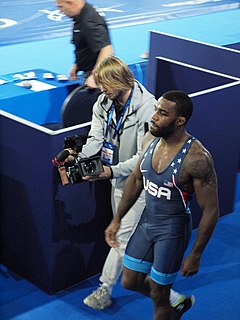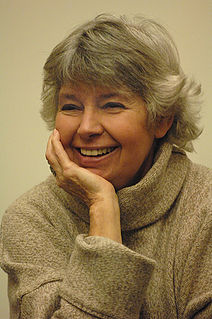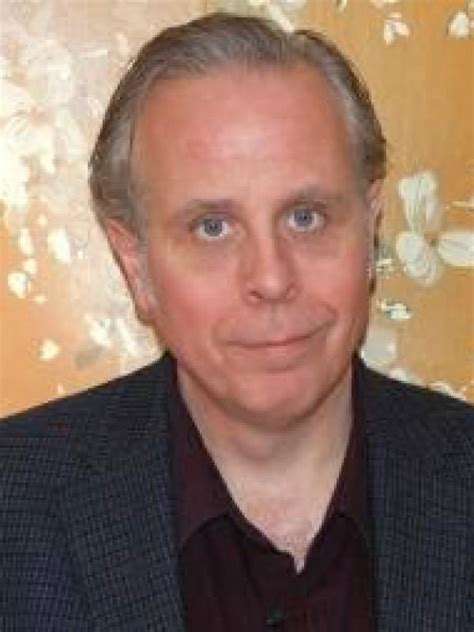A Quote by Michael Hudson
We're living in a world that's divided into two economies: the economy of the 1%, and the economy of the bottom 99%. I guess you could be more "centrist" and say the top 10% versus the bottom 90%. But there's definitely a stratification at work here.
Related Quotes
What do the 5%, or the 1% actually use their money for? They lend it back to the economy at large, they load it down with debt. They make their money by lending to the bottom 95%, or the bottom 99%. When you give them more after-tax income, it enables them to buy even more control of government, even more control of election campaigns. They're not going to spend this money back into the goods-and-services economy.
When I say the economy is shrinking, it's the economy of the 99%, the people who have to work for a living and depend on earning money for what they can spend. The 1% makes its money basically by lending out their money to the 99%, on charging interest and speculating. So the stock market's doubled, the bond market's gone way up, and the 1% are earning more money than ever before, but the 99% are not. They're having to pay the 1%.
What democratic socialism is about is saying that it is immoral and wrong that the top one-tenth of 1 percent in this country own almost 90 percent - almost - own almost as much wealth as the bottom 90 percent. That it is wrong, today, in a rigged economy, that 57 percent of all new income is going to the top 1 percent. That when you look around the world, you see every other major country providing health care to all people as a right, except the United States.
America is a country that is now utterly divided when it comes to its society, its economy, its politics. There are definitely two Americas. I live in one, on one block in Baltimore that is part of the viable America, the America that is connected to its own economy, where there is a plausible future for the people born into it.
It's one thing to never accomplish anything. You start from the bottom, you remain at the bottom, and all you know is the bottom. When you start at the bottom and you get to the top, and you feel the success and the notoriety and the recognition from being the champion, and you go back to losing, that's a tough place to be in.
It is true that the top quintile is getting richer while the bottom is getting poorer, but the bottom is not the same people. There is, fortunately, a constant churning at the bottom as new immigrants move in and those who used to be on the bottom begin their long, thrilling upward climb to the American dream.
































